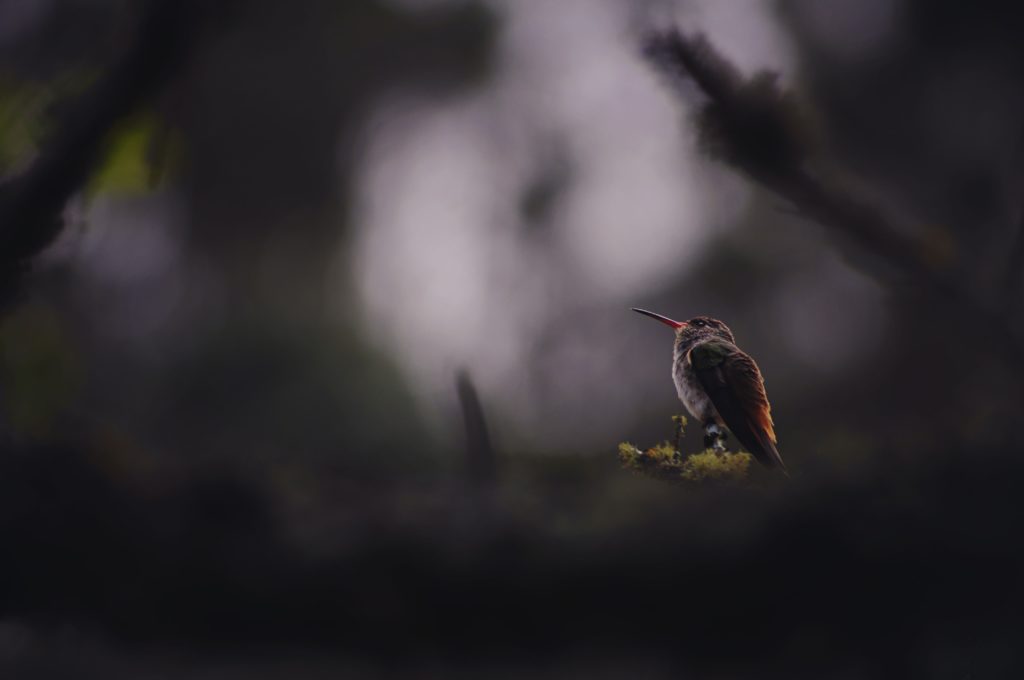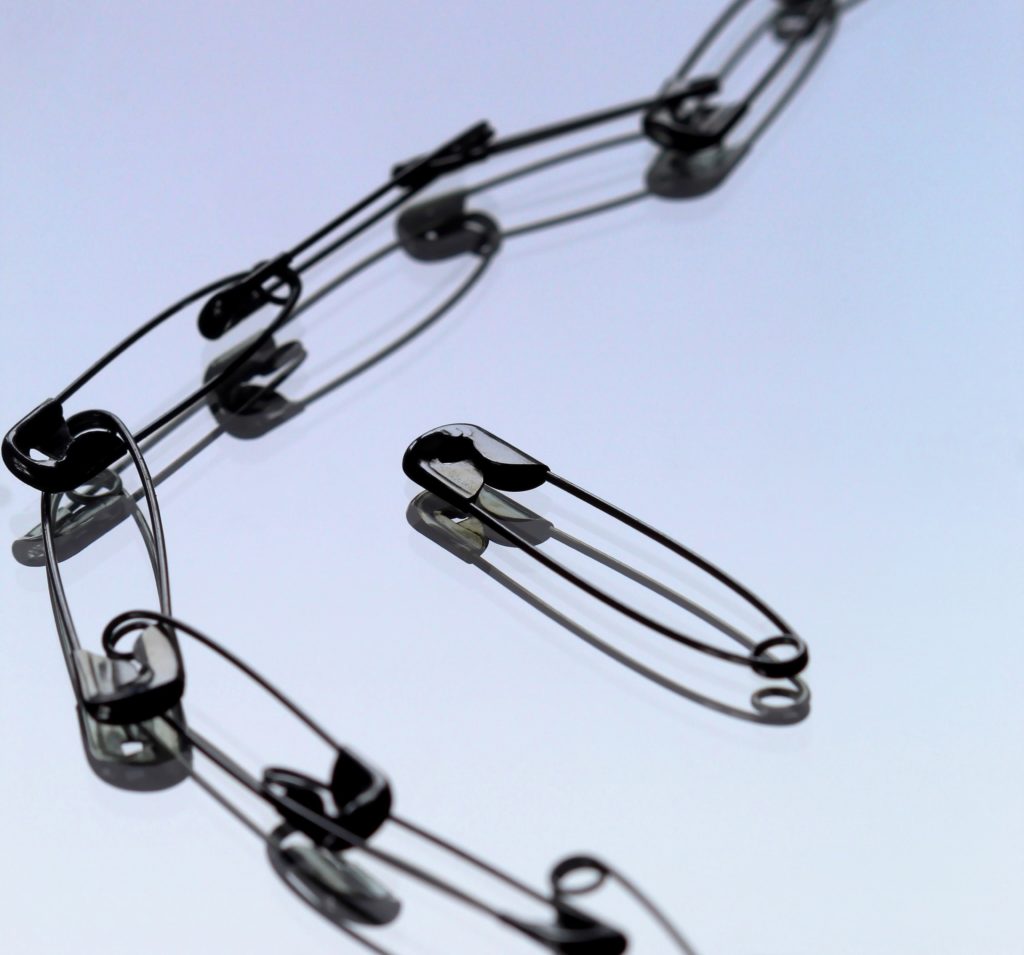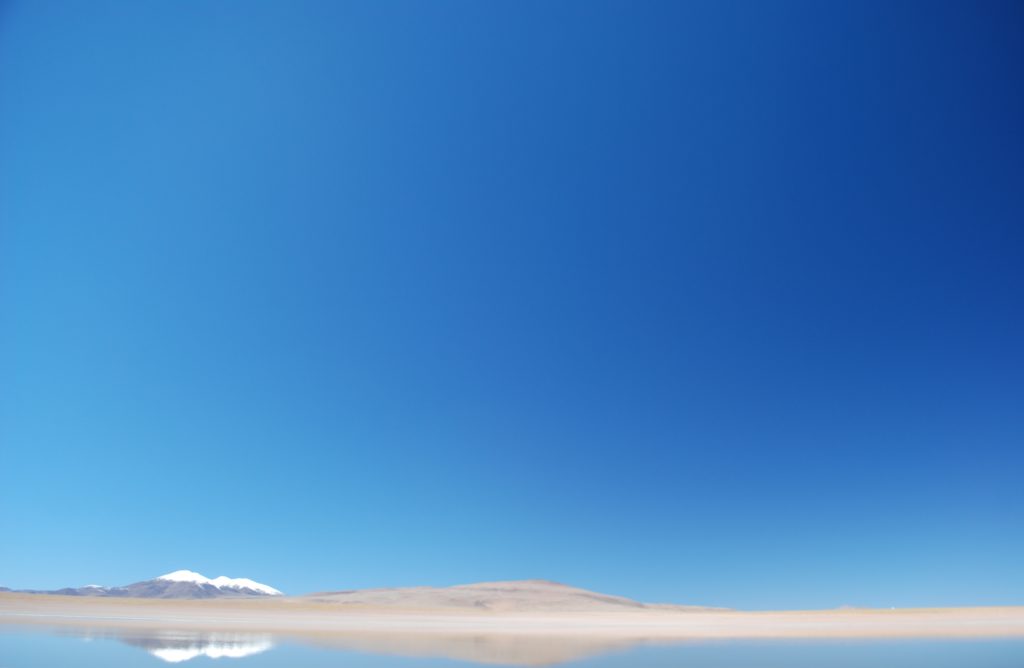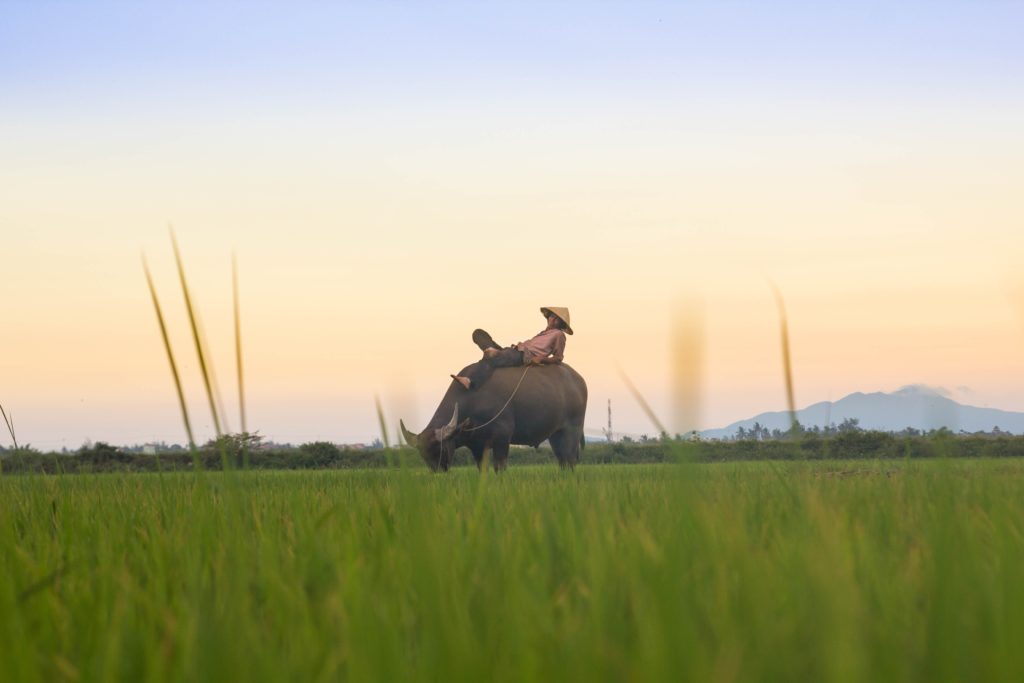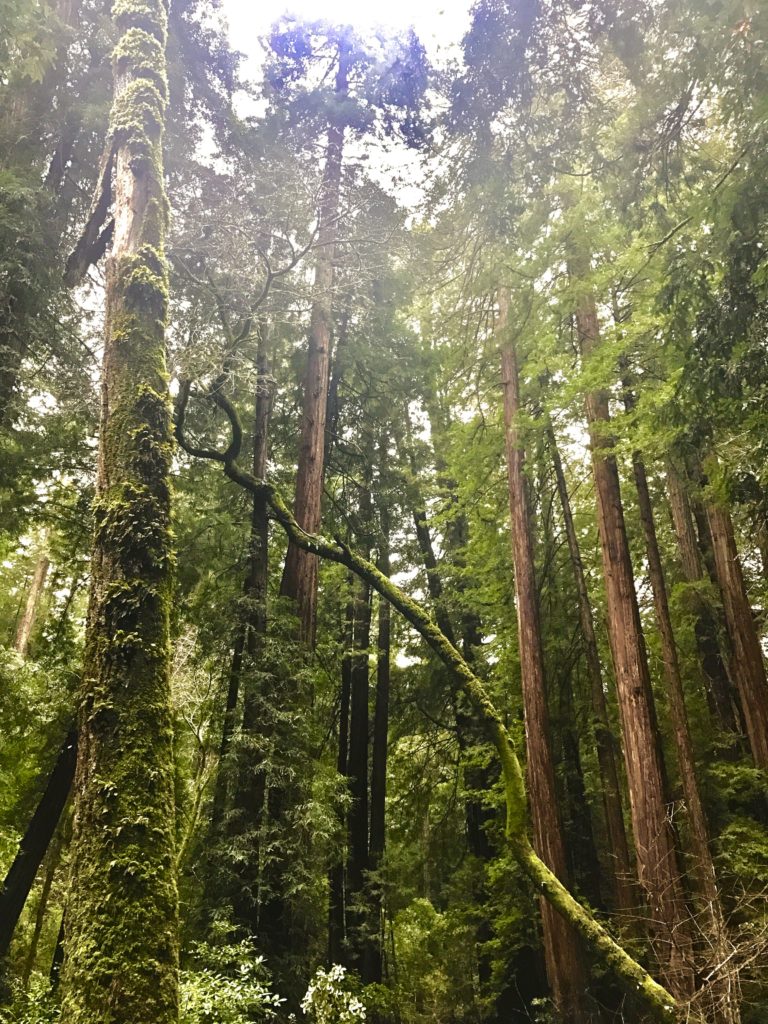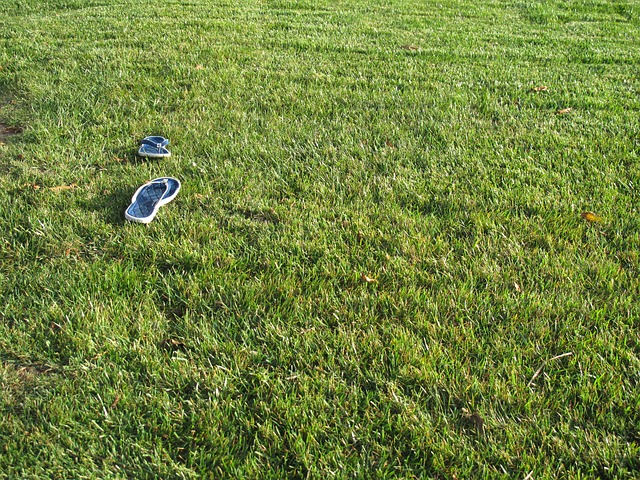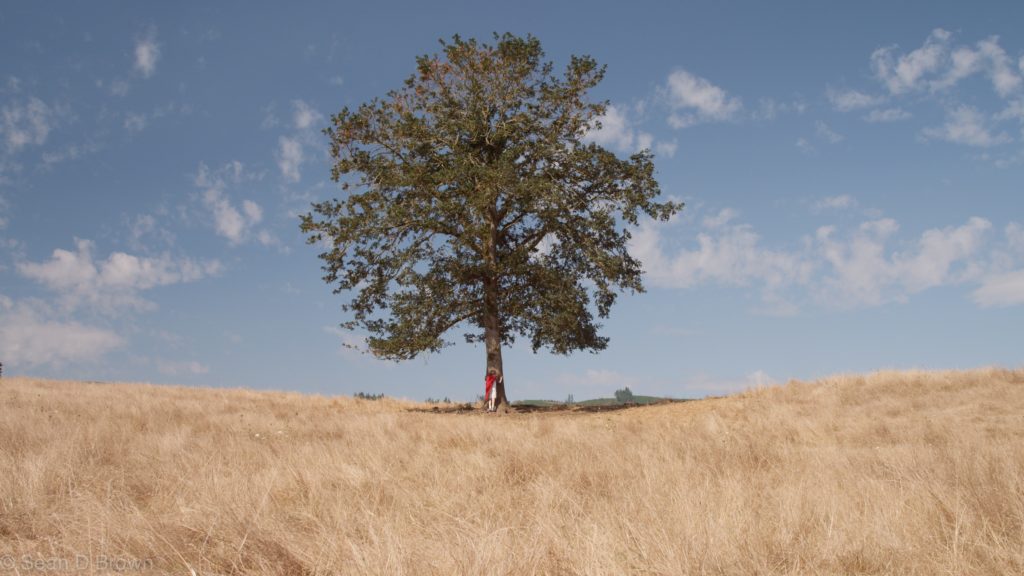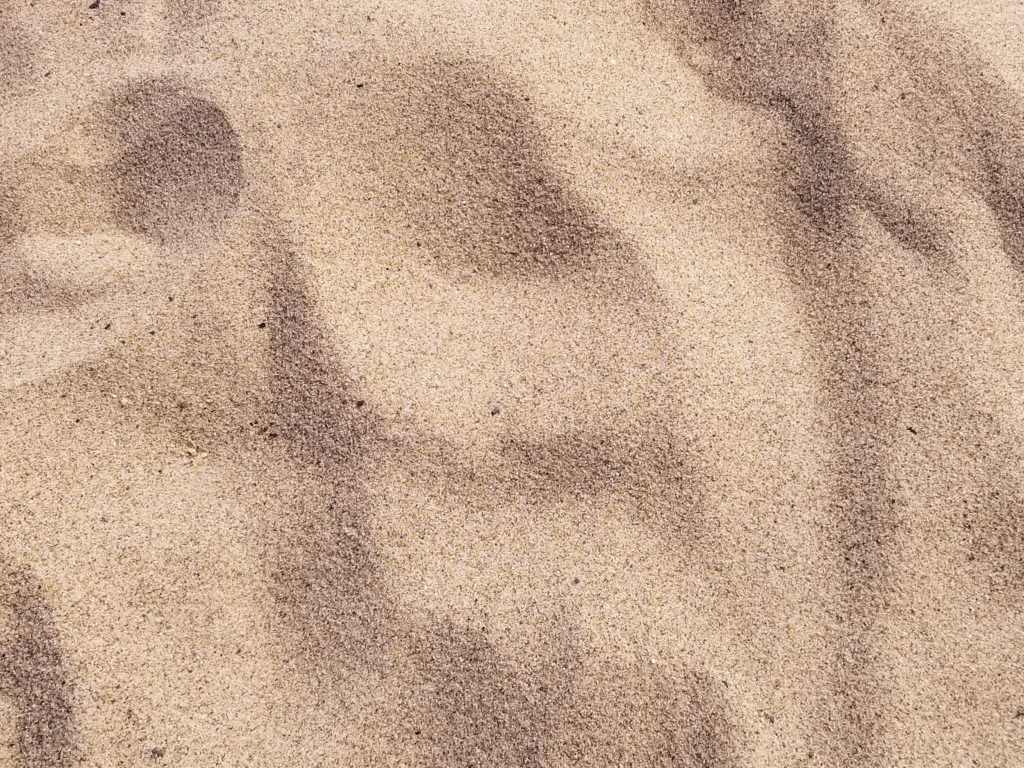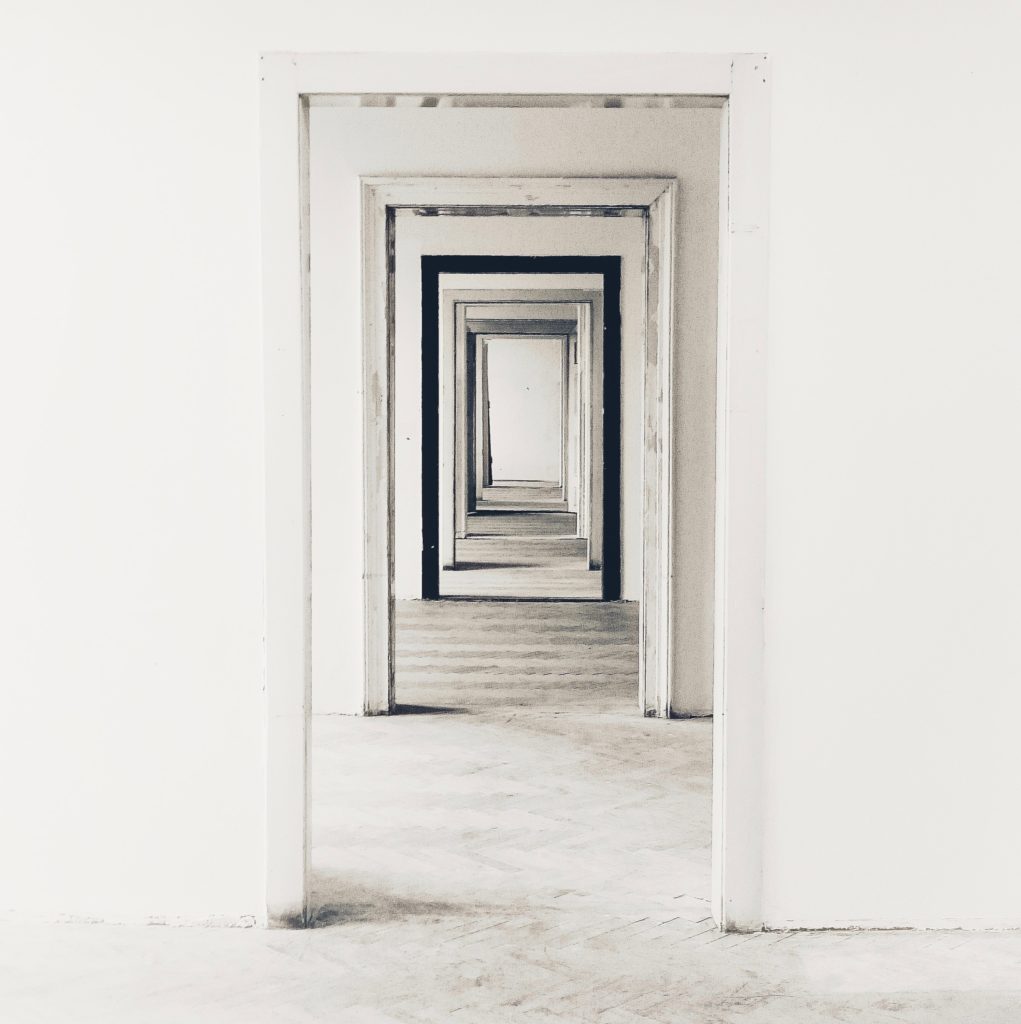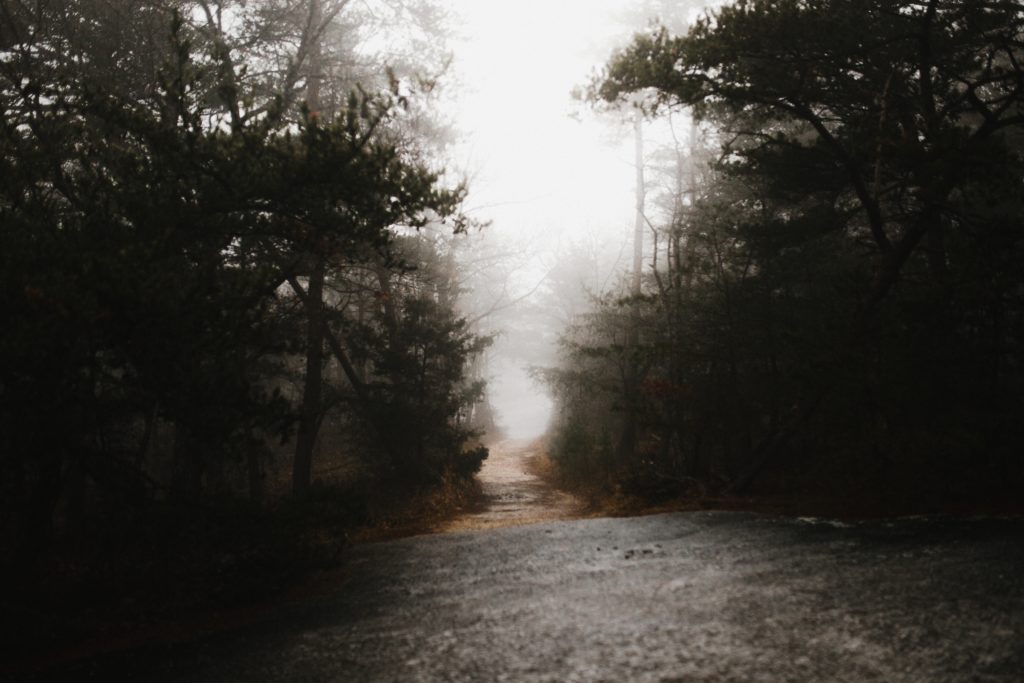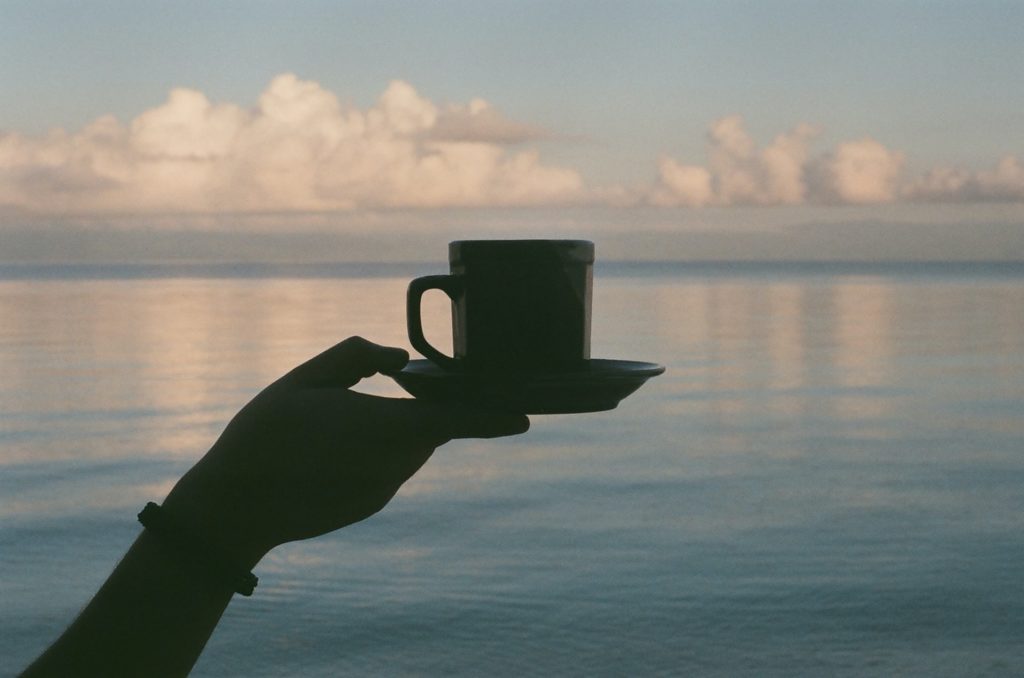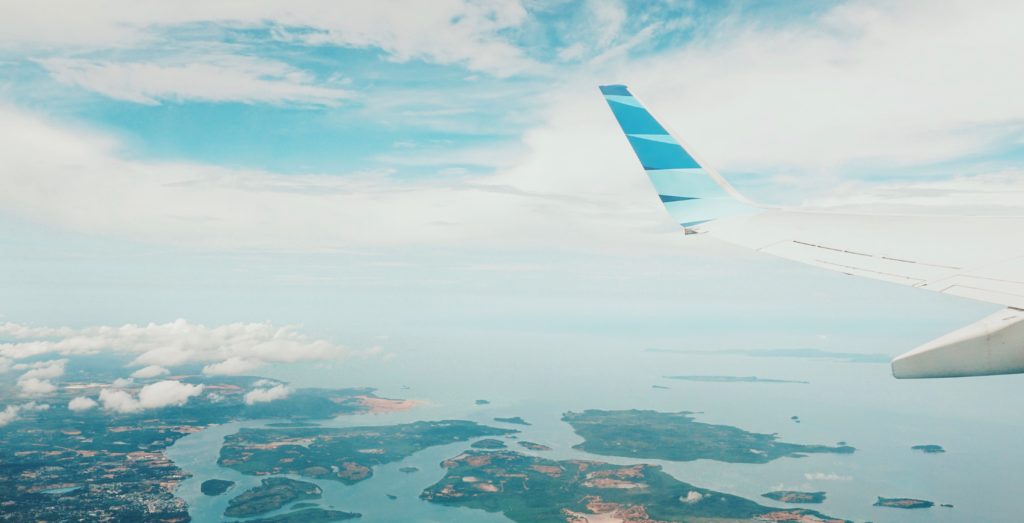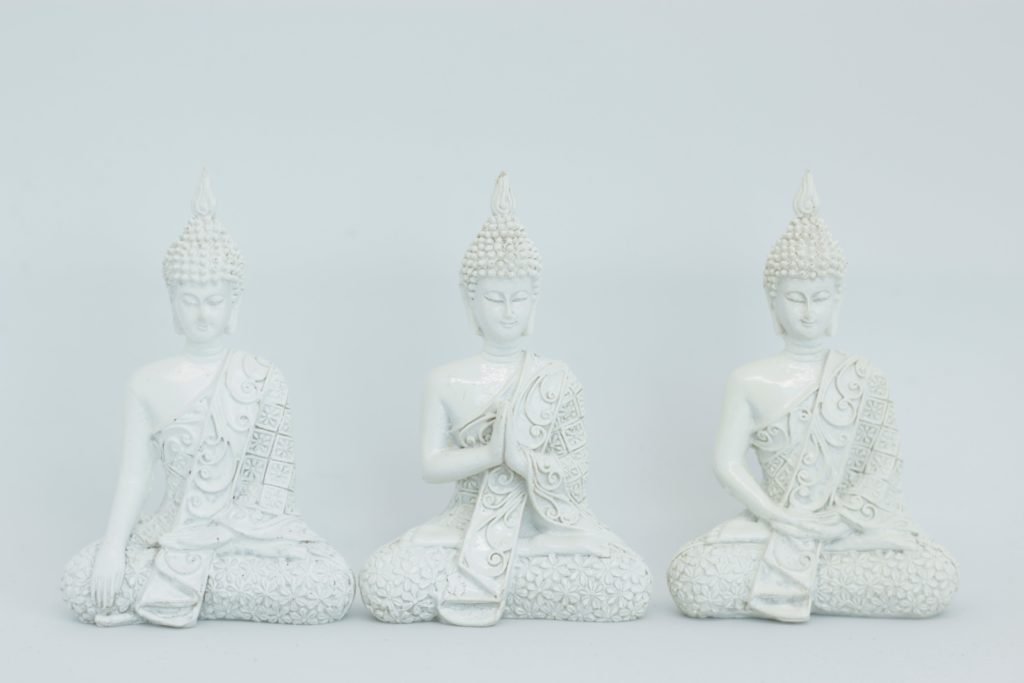
We sustain each other. We uphold each other. We are not separate, but rather living and breathing as one.
Nowadays I wake up even earlier than usual to check the news. It’s an obsession but it feels like a duty; I’m a sentry in a war zone, scanning the horizon for smoke and fire. Threats multiply every day. The world seems locked in a death spiral. I feel overwhelmed and, to be honest, complicit. What have I done to alter the course of human ignorance, greed, and hatred? Clearly not enough.
Then I go sit.
As Buddhist practitioners, indeed, as citizens of planet Earth, we might wonder if there’s a better use of our time than sitting still in silence. Shouldn’t we be raising our voices, righting wrongs and fighting the good fight? There are people to help and causes to champion, protests to organize and injustices to correct. Turning our backs and facing a wall sure looks like escaping reality and avoiding responsibility.
Formal practice—in a meditation hall, surrounded by a sangha—has long been criticized as socially disengaged, morally indifferent, and even selfish. Besides, as far as meditation goes, there are apps for that.
Whenever we’re confused about the point of our practice, it’s time to question our judgments and beliefs. We are taught to take refuge in buddha, dharma, and sangha, and many of us make vows to do so. But is there true refuge in our refuge, or are we just reciting words? Is practice our living reality or just an intellectual pastime? We must continually answer these questions for ourselves, or the buddhadharma dies.
Do I really believe in Buddha, the awakened mind that frees sentient beings from the suffering of samsara?
Do I really believe in Dharma, the path of practice that leads us out of egocentric delusion and into lives of clarity and compassion?
Do I really believe in Sangha, the harmony of oneness that underlies all things?
As taught in the Eightfold Path, the right view changes everything, because when we know that our actions and beliefs have infinite consequences, we live differently. Practice is the place where we can begin to see the truth of this, and each glimpse subtly transforms our lives and the world.
Changing the world is not likely to be our first intention in coming to a practice center. We might want to change a niggling little aspect of ourselves—be more productive, less distracted, less angry, or less anxious, for example. But a funny thing happens while we sit silently struggling with our runaway thoughts and emotions. What keeps us in place is the person sitting next to us. We don’t move because they don’t move. If we weren’t sitting in a group, we would probably walk out. The same is true for everyone else. We sustain each other. We uphold each other. We are not separate, but rather sitting, breathing, and living as one.
And it doesn’t stop there. When we chant, we broadcast the benefits of our practice throughout the universe. We know it works, because our actions and beliefs have infinite consequences. Little by little, our view widens beyond our own desires. What starts as a self-help project thus becomes the work of a bodhisattva: taking on the suffering of the world. That means we respond to the needs that appear in front of us. It doesn’t matter if our actions seem big or small, enough or not enough. We shouldn’t be fooled by what we think.
Practice is a marvelous vehicle—it goes everywhere and includes everything. It donates time and money, signs petitions, and joins marches. It visits the lonely and sits with the dying; it listens, smiles, laughs, and cries. It votes. Far from disengaged, a living practice is intimately engaged because it is you.
The never-ending greed and hate of samsara make the need for practice clear. Without you there is no Sangha, no Dharma, and no Buddha. As the late Zen teacher Kobun Chino Roshi said, our personal responsibility is so great that “naturally we sit down for a while.”
This article originally appeared in the Spring 2020 issue of Buddhadharma: The Practitioner’s Quarterly.
Your True Self is Selfless a new dharma talk
